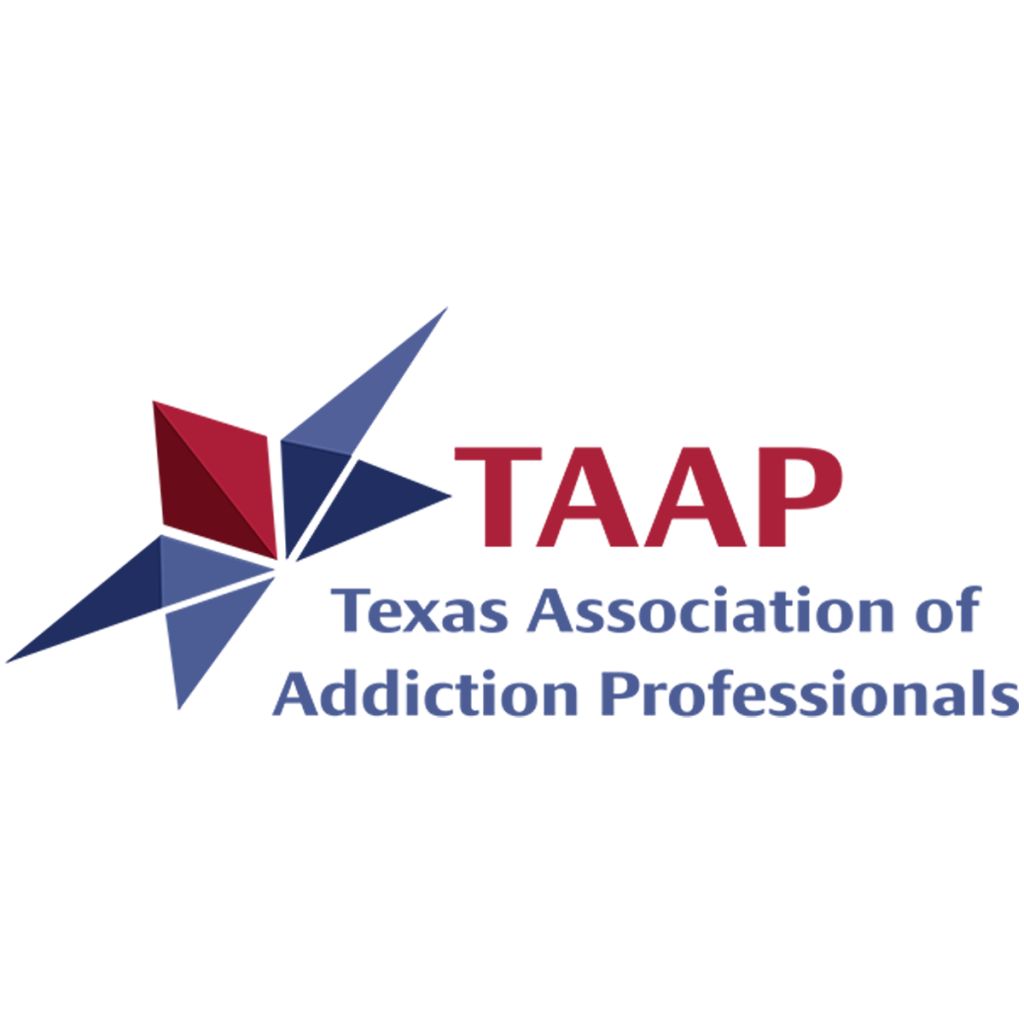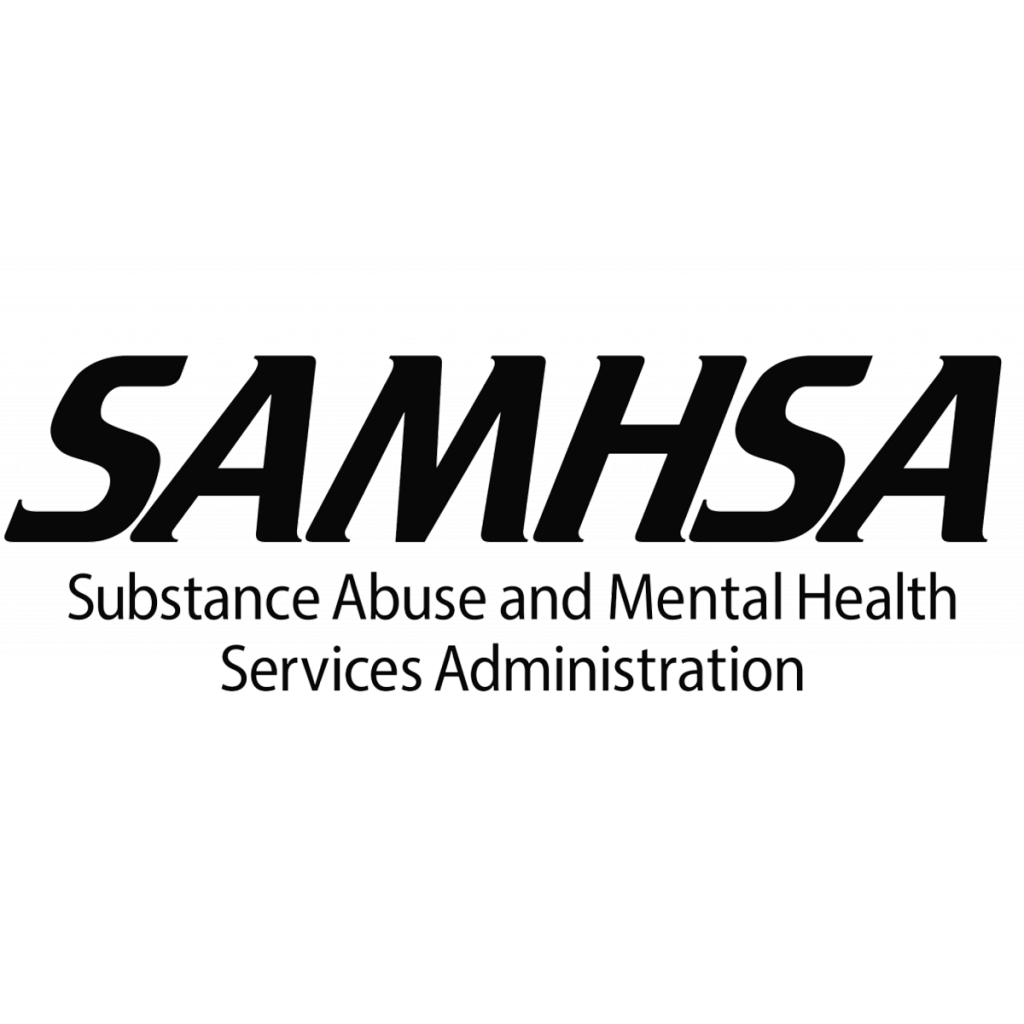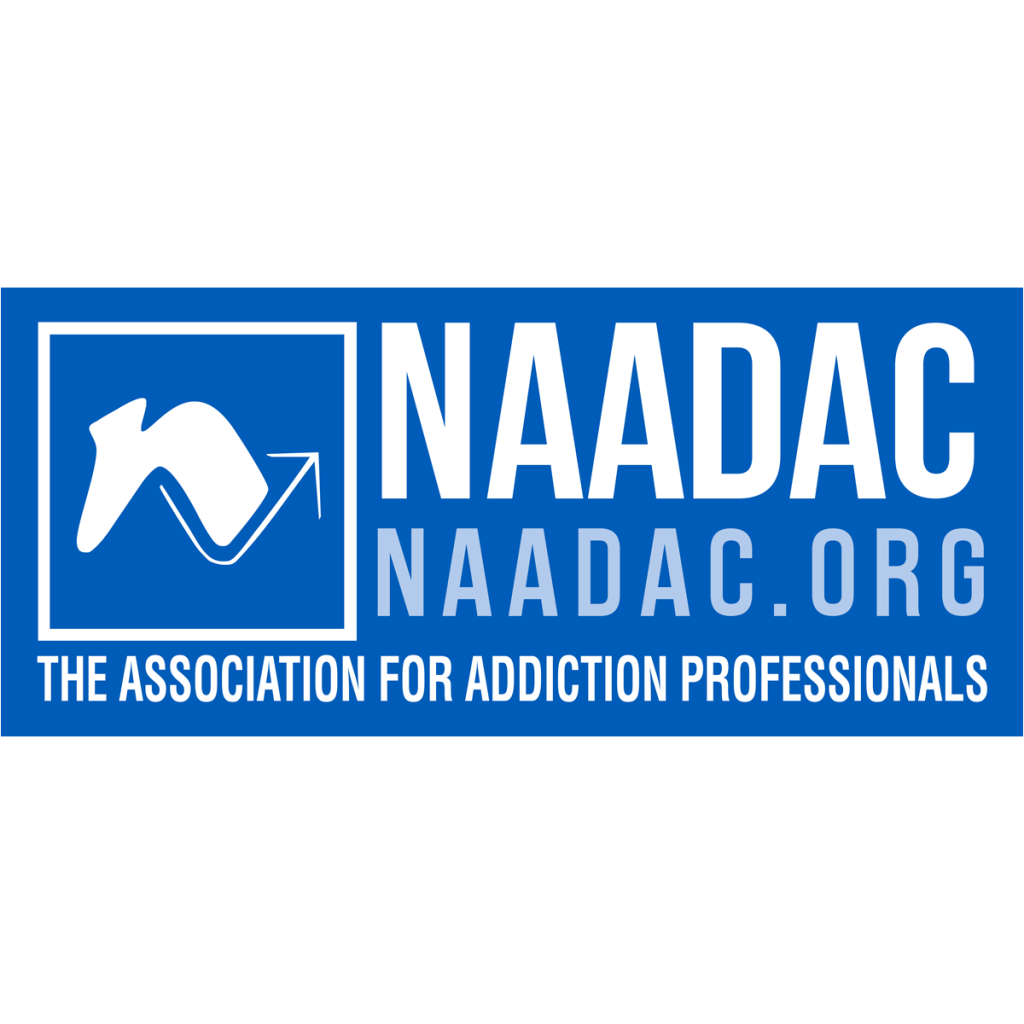Muscle Relaxers
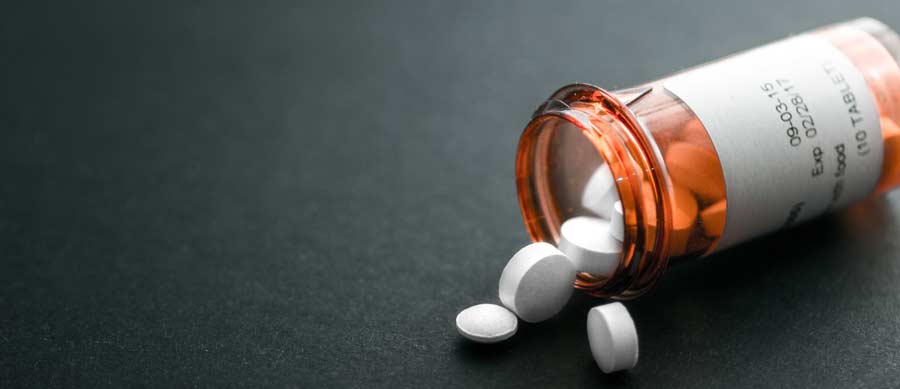
Muscle Relaxer Addiction: Side Effects, Detox, Withdrawal, and Treatment

Table of contents
- What are Muscle Relaxers?
- Are Muscle Relaxers Addictive?
- Street Names for Muscle Relaxers
- Examples of Muscle Relaxers
- How Long Do Muscle Relaxers Stay in Your System?
- What Are the Side Effects of Muscle Relaxant Abuse?
- What Are Signs of a Muscle Relaxant Overdose?
- What Are Muscle Relaxer Withdrawal Symptoms?
- Muscle Relaxer Detox
- Muscle Relaxer Withdrawal Timeline
- What Are Common Signs of Muscle Relaxer Addiction and Abuse?
- How to Overcome Muscle Relaxer Addiction
What are Muscle Relaxers?
Muscle relaxers (or muscle relaxants) are prescription drugs that act on the central nervous system to relax muscles.1 They work by depressing the central nervous system to relax and calm the entire body, not just the muscles.
The most common muscle relaxants known as spasmolytics are generally prescribed by doctors to treat pain associated with muscle spasms, tense muscles, neurological disorders, tension headaches, lower back pain, and more. Other types of muscle relaxers known as neuromuscular blockers are also used while administering general anesthesia or while inserting an endotracheal tube to help a patient breathe. These types of muscle relaxers can produce temporary paralysis.
Muscle relaxants can be taken via tablet form or they may be administered intravenously through the bloodstream. Ideally, they are used to treat acute pain, not chronic pain, and may be especially useful if over-the-counter drugs like Tylenol or Advil aren’t working to reduce muscle pain.
Muscle relaxants like Soma have been used for decades and are safe when taken as directed by a doctor. In 2017, there were approximately 4.2 million prescriptions of carisoprodol products dispensed in the United States.2
When muscle relaxers are taken as prescribed by a doctor, they can produce some normal side effects, such as:
- Drowsiness
- Dry mouth
- Upset stomach
- Vomiting
- Sedation
- Dizziness2
However, when people misuse muscle relaxers, side effects can be much more severe and may include seizures, paralysis, hallucinations, and more. People may also misuse muscle relaxers with other drugs like opioids, benzodiazepines, tranquilizers, or alcohol to produce a stronger high.
One such drug combination known as the “Houston Cocktail” or the “Holy Trinity” is made up of hydrocodone, , and carisoprodol and was noted as being a popular high for drug abusers in Texas, according to a 2014 report.3
Although these drug combinations may give drug users the euphoric side effects they seek, misusing these drugs simultaneously can be extremely dangerous and is likely to cause severe side effects, coma, respiratory depression, or even death.4
Despite the risks, in 2018, about 1.7 million young adults aged 18 to 25 abused prescription muscle relaxers, and about 4.3 million adults aged 26 or older were past year misusers of these drugs.5
Are Muscle Relaxers Addictive?
Muscle relaxers can be very addictive. Most incidences of muscle relaxer addiction and abuse involve the drug Soma, although Flexeril has also been linked to misuse and abuse.6
Soma is classified by the DEA as a Schedule IV drug due to its potential for misuse and dependence. When the body breaks down this drug, it produces something called meprobamate, which acts as a tranquilizer. This can be highly addictive because it makes users feel extremely relaxed.
Since muscle relaxants like Soma and Flexeril are intended for short-term treatment of pain, any misuse or long-term use of them can lead to dependence and addiction. People who become addicted may also experience withdrawal symptoms when they stop using muscle relaxers.
Street Names for Muscle Relaxers
Some common street names for muscle relaxers include:
- DANCE
- DS
- Las Vegas Cocktail
- Houston Cocktail
- Holy Trinity
- Soma Coma
- Wallace 200’s
Examples of Muscle Relaxers
Some examples of muscle relaxers include:
- Atracurium (Tracrium)
- Carisoprodol (Soma)
- Chlorzoxazone (Parafon Forte, Remular)
- Cyclobenzaprine (Flexeril)
- Dantrolene (Dantrium)
- Metaxalone (Skelaxin)
- Methocarbamol (Marbaxin, Robaxin)
- Orphenadrine (Flexon, Norgesic, Norflex)
- Pancuronium (Pavulon)
- Quinine
- Succinylcholine (Anectine, Sucostrin)
- Tizanidine (Zanaflex)7
How Long Do Muscle Relaxers Stay in Your System?
Several factors will influence how long a drug stays in your system, including:
- The type of muscle relaxer you used,
- How much of it you used
- The type of drug test used to detect it
- Biological factors like your age, overall health, and weight
A dose of Flexeril may take anywhere from 5.5 days to 16.5 days to clear out of your system.8 A dose of Soma may take about four days to clear out of your system.9
[sc name=”phoneinsurancecta”]
What Are the Side Effects of Muscle Relaxant Abuse?
Some side effects of abusing muscle relaxers may include:
- Irregular heartbeat
- Hallucinations
- Severe allergic reactions
- Paralysis
- Seizures
- Convulsions
- Disorientation
- Anxiety
- Psychosis
- Heart failure
- Inflammation and swelling of the liver
- Low white blood cell count (lowered immunity)
- Coma
- Death
What Are Signs of a Muscle Relaxant Overdose?
Muscle relaxant overdose can result in the following symptoms:
- Stupor
- Shock
- Respiratory depression
- Seizures
- Coma
- Death10
If you believe that you or a loved one is overdosing on Soma, Flexeril, or some other muscle relaxer, you must call 911 right away.
What Are Muscle Relaxers Addiction Withdrawal Symptoms?
If you are addicted to muscle relaxers, you may experience withdrawal symptoms when you stop using them. Muscle relaxant withdrawal symptoms can include:
- Insomnia
- Vomiting
- Abdominal cramps
- Headache
- Muscle twitching
- Tremors
- Impaired balance or coordination
- Hallucinations
- Psychosis
- Anxiety10
Muscle Relaxers Addiction Detox
Completing muscle relaxer detox on your own can be very difficult, especially if you experience severe, long-lasting muscle relaxer withdrawal symptoms. However, a medical detox program can provide a safe, clinical environment as well as medical treatment and management of muscle relaxer withdrawal symptoms. This type of professional support is often essential to a successful recovery from muscle relaxer addiction and can help decrease the likelihood of relapse due to severe muscle relaxer withdrawal symptoms. A professional treatment team at a detox center can also provide trusted referrals for a muscle relaxer rehab program and ongoing treatment options.
Muscle Muscle Relaxers Addiction Timeline
The timeline for muscle relaxant withdrawal symptoms varies depending on the person and the type of muscle relaxant that was abused. The duration and severity of withdrawal symptoms and muscle relaxer detox will also vary.
In general, people who are addicted may start to experience muscle relaxer withdrawal symptoms a few days after quitting them abruptly. These symptoms may persist for a few days or a few weeks.
If you’re addicted to muscle relaxers and you want to get sober, quitting cold turkey is never recommended. The safest and most effective way to stop misusing these drugs is by doing so under the supervision of a doctor or by enrolling in a muscle relaxer detox program.
What Are Common Signs of Muscle Relaxer Addiction and Abuse?
If you think that a loved one may be addicted to muscle relaxants, here are a few common signs of addiction to look for:
- Continuing to take muscle relaxants after they’re no longer medically needed
- Needing larger or more frequent doses to feel the same effects
- Feeling strange, tired, or sick when the muscle relaxant wears off
- Feeling unable to stop using muscle relaxers
- Losing interest in regular hobbies and activities
- Stealing or borrowing money to buy muscle relaxers from friends or dealers
- Hiding muscle relaxer use from others
- Major changes in sleeping habits or appetite
- Taking muscle relaxants with other drugs or alcohol11
How to Overcome Muscle Relaxer Addiction
Chronic use or misuse of muscle relaxers can quickly lead to physical dependence and addiction. It can also cause serious medical problems, overdose, or death. Although you may feel like you’ll never be able to quit, the truth is, you can. There is help available and you can get sober.
If you’re ready to take the first step, a medical detox program is a great place to start. Medical detox provides a safe and supportive environment as well as medical management for withdrawal symptoms so you can rest comfortably. Clinical counseling is also provided, which can help you cope with some of the psychological symptoms of withdrawal and prepare you for entry into a rehab program if you choose to continue your treatment.
Post Muscle Relaxers Addiction Detox
After detox, inpatient or outpatient muscle relaxer rehab is often the next step. This phase of the muscle relaxer treatment process allows for continued healing with individual and group therapy, educational lectures, recovery programming such as the 12 Step Program, Smart Recovery, etc., and professional and peer support.
Many people who are recovering from muscle relaxer addiction also choose to continue their treatment with sober living programs and aftercare services. These programs provide essential support and accountability to help newly sober individuals prevent or deal with relapse and gradually acclimate back into society after rehab.
At Nova Recovery Center, we understand your struggle. We know how it feels to be addicted, defeated, and hopeless, but we also know that there is light at the end of the tunnel. If you’re ready to take advantage of our personalized muscle relaxer treatment services for addiction, call (888) 343-1967 today to speak with an admissions specialist and learn more about our muscle relaxer treatment options, including detox, rehab, sober living, and aftercare.
References:
- https://www.rxlist.com/script/main/art.asp?articlekey=77812
- https://www.deadiversion.usdoj.gov/drug_chem_info/carisoprodol/carisoprodol.pdf
- https://www.drugabuse.gov/sites/default/files/texas2014a.pdf
- https://www.ncbi.nlm.nih.gov/pubmed/1927837?dopt=Abstract
- https://www.samhsa.gov/data/report/2018-nsduh-annual-national-report
- https://www.webmd.com/back-pain/do-i-need-a-muscle-relaxer
- https://livertox.nih.gov/MuscleRelaxants.htm
- https://www.drugs.com/medical-answers/how-long-does-flexeril-stay-in-your-system-374063/
- https://mentalhealthdaily.com/2015/11/26/how-long-does-soma-stay-in-your-system/
- https://www.rxlist.com/soma-drug.htm#interactions
- https://www.webmd.com/mental-health/addiction/signs-of-drug-addiction
Nova Recovery Center offers a large range of substance abuse treatment services: detox, residential, outpatient and sober living.
Treatment Options
Treatment Locations
Call Us Now and Begin Healing at (512) 605-2955
Or text us and we will call you right back.
Not quite ready for a call? You can fill out the form below.
What Makes Us Different
- Gender-specific treatment
- Evidenced-based treatment
- 12-Step immersion
- 90-day residential treatment
- Family program
- Full continuum of care
- Insurance and private pay
100% Confidential Guarantee
Confidential Consultation
Nova Recovery Center is dedicated to helping you or your loved one get help. Please call or fill out this form for a confidential consultation.
One of our understanding, dedicated advisors will contact you about your options. Begin healing today.
Nova Recovery Center is dedicated to helping you or your loved one get help. Please call or fill out this form for a confidential consultation. One of our understanding, dedicated advisors will contact you about your options. Begin healing today.


